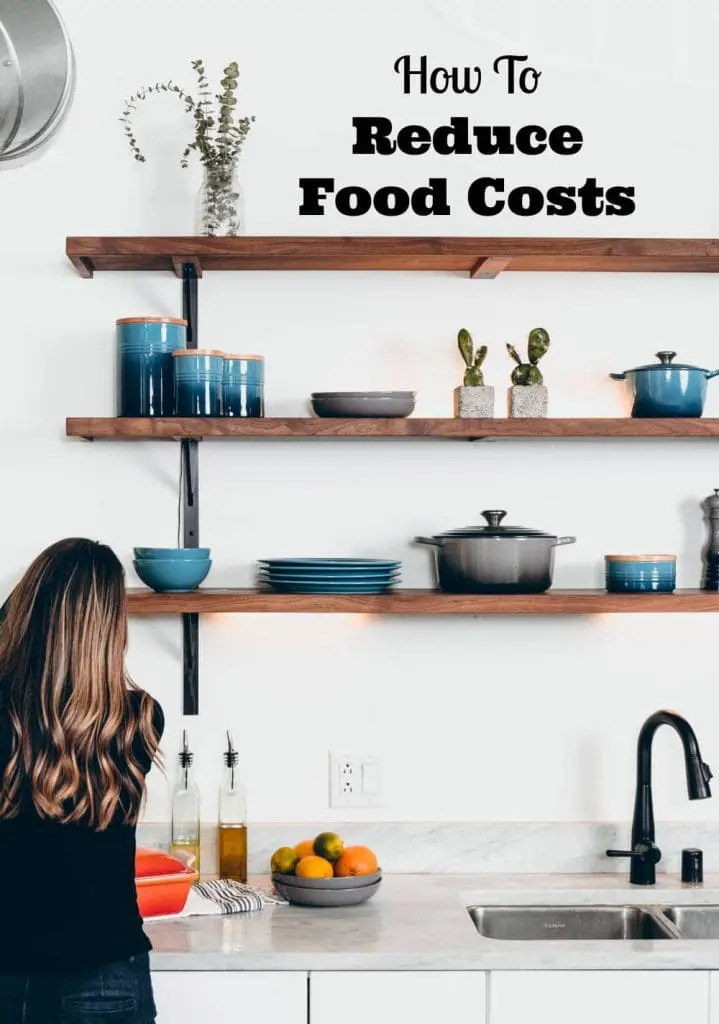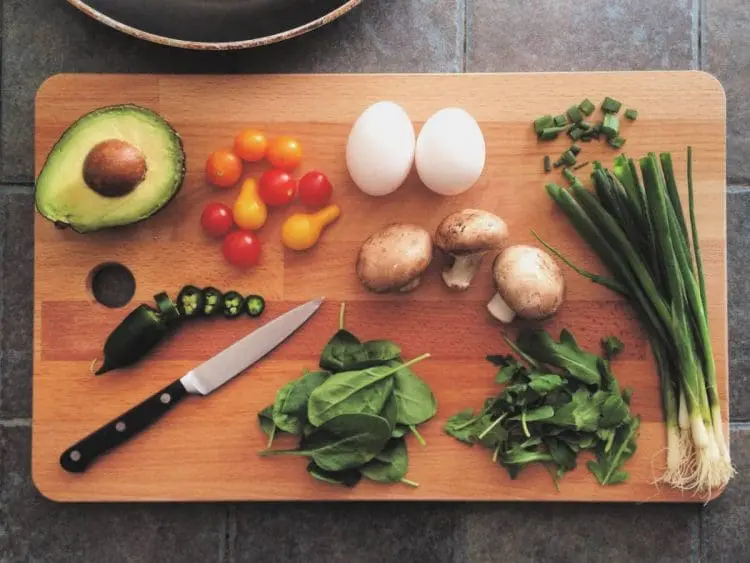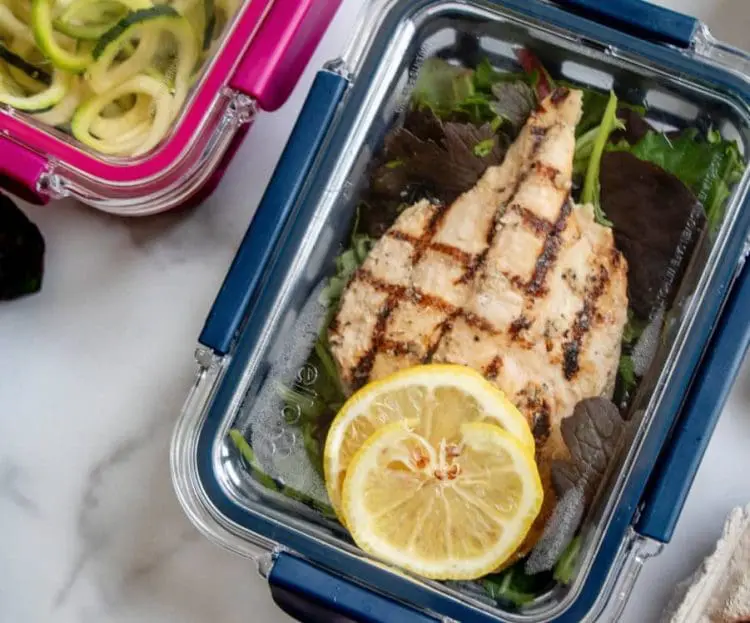As the cost of living rises, families all across the world are struggling to make ends meet. The kitchen is arguably one of the most notable costs of a home, especially for households with numerous family members. You need to factor in the cost of ingredients, maintenance, and energy bills. It helps to know how to reduce food cost as well as increase efficiency in the way we use food and appliances. This post will share how to spend less on groceries and other various ways to cut costs on food. After all, we could all use new ways to save money on groceries!

10 Ways To Save Money On Groceries & Reduce Food Cost
If you’re looking to make significant cost savings in your home, you have come to the right place. In this blog, we will explore ten of the most effective ways to cut down costs in the kitchen so you can worry less about your budget and focus more on your family. Keep reading to find out how to save on food and other kitchen expenses!
Saving money on groceries is a common goal for many households, especially with the rising cost of living. By adopting strategic shopping habits and making small changes to how you plan, purchase, and prepare your meals, you can significantly reduce your grocery bill. From meal planning and buying in bulk to taking advantage of sales and growing your own produce, there are numerous ways to cut costs without sacrificing quality or nutrition. Here are some practical tips to help you save money on your groceries while still enjoying delicious and healthy meals.
Buy Products in Bulk
When you buy products in bulk, you often get a better deal, this goes for everything from cleaning supplies to pantry staples. However, we recommend you purchase items in bulk if you know you will truly use them, such as toilet paper or coffee. Otherwise, they end up going to waste and taking up unnecessary space.
Avoid Food Wastage
The United States Environmental Protection Agency, or EPA for short, estimates around 81% (or 20.2 tons) of household food is wasted on a yearly basis. Not only is this terrible for the environment, but it’s incredibly damaging to your wallet. Check out some of these incredible recipes that minimize wasting food. Only buy perishable food that you intend to cook within the next week. Make use of your freezer for frozen produce that won’t go bad as quickly.
Invest in a Water Filter
Doctors recommend that you drink a minimum of 3 to 4 liters of water a day. If you’re buying bottled water from the store, that’s quite a considerable expense, and an even greater waste of plastic. Therefore, we recommend you invest in a countertop water filter system to increase your convenience and boost your daily water intake.

Prep Everything Yourself
Some days you simply can’t be bothered to prep all of your ingredients and it’s much easier to buy a package of pre-cut salad or even sliced onions. However, you are simply paying a premium for a job that only takes a few minutes more when you are doing it yourself.
Shop Second Hand
Food does require cooking equipment. Need to invest in some new appliances? We recommend you scour the second-hand market in search of the best deals. Places like Facebook marketplace come in handy when searching for appliances in your local area. If you really want to purchase a new device, we recommend you wait until the sale when possible. Fortunately, most new appliances are energy star rated will offer large savings on electricity efficiency.
Grow Your Own Herbs
Another fantastic way to cut down on costs in the kitchen is by growing your very own herb garden. Rather than spending your money purchasing fresh herbs, you simply grow a limitless supply. Plus, it’s incredibly easy so you don’t have to worry if you don’t have a green thumb.

Eat Your Leftovers
As we previously mentioned, the average household wastes tons of food every year. Before you start planning and cooking your next meals try to get rid of your leftovers. They are great to take for lunch. If you really can’t stomach another slice of lasagna for the third time that week, portion and label your leftovers before placing them in the freezer.
Keep the Freezer Full
Keeping a freezer full of ingredients you bought in bulk is an extremely cost-effective way to operate in the kitchen. If you like to freeze meals ahead of time, we recommend you always write the date that you prepared the meals to keep track of what needs to be eaten first.
Use a Grocery Rewards Card, Coupons, And Sales To Your Advantage
You can save hundreds of dollars a year by being a loyal customer. Once you have a rewards card, you can benefit from redeemable points and better deals. Some people save hundred of dollars through couponing. Other use easy methods such as taking advantage of buy one get one free offers. I shop at Publix most regularly because I love to stock up on non perishable when they have their B1G1 free sales. When else can you save 50% on your groceries? That is an easy way to reduce food cost in your budget. Apps like Ibotta, Fetch Rewards, and Rakuten offer cash back on groceries and other purchases.
Plan Your Meals Ahead
Planning and preparing your meals ahead of time is a great way to optimize your groceries and cut down on costs. Before you head out to do your weekly shop, we recommend you take a look at what is in your pantry and write down a list of things you need. Once you know what ingredients you have to hand, you can plan meals around this and avoid extra impulse buys. This also helps to reduce food waste and plan healthier meals.
Buy Generic Brands
Store brands or generic products are often much cheaper than name brands and offer similar quality.
Limit Processed Foods
Processed and pre-packaged foods tend to be more expensive. Cooking from scratch can save you money and is often healthier.
Consider Plant-Based Meals
Incorporating more plant-based meals can be cost-effective as meat and dairy are often more expensive.
Conclusion
It’s important to remember that every penny counts. Some of these tips and tricks may not appear to drive massive cost savings. However, when you combine these different techniques and remain consistent with your methodology to reduce food cost, you’ll quickly notice the results. We hope this blog has served as inspiration to take control of your spending habits and start making the most of every decision you make in the kitchen.
In conclusion, spending less on groceries is achievable with a bit of planning and mindful shopping. By incorporating strategies like meal planning, buying in bulk, and choosing generic brands, you can stretch your budget further without compromising on quality or variety. Making small changes, such as shopping sales, using coupons, and avoiding impulse buys, can add up to significant savings over time. Ultimately, being intentional about your grocery shopping habits not only saves money but also promotes a healthier and more sustainable lifestyle.
Related Posts:
Why You Should Start Bulk Food Shopping [Surprising Facts]

HUSNAIN says
Nice post on reducing expenditures and saving money in the kitchen.
Marie says
While these are some great tips, I do have trouble getting my mother-in-law to stop throwing out leftovers. She doesn’t eat food after one day and thinks it goes bad even though I tried explaining to her it does not. Different cultures, I guess.
Regina says
Love these tips. We also use an app called Flashfoods that tells us of food expiring soon, to get 50% off our food. We buy food in bigger quantities when on sale and can the extra. We are starting to dehydrate some as well, still experimenting.
William says
Thanks for the article. In my opinion, growing is not necessarily cheap. The output (fruits, vegetables, etc) may look free and the cost of producing may seem to be lower than the market price as well, but the time you put in for farming adds up. Unless you are retired or doing it in your free time, you can quite easily make more money working and thus increasing your buying capacity.
Bhagyarathi Chandra says
This is nice article thankyou for sharing to us.